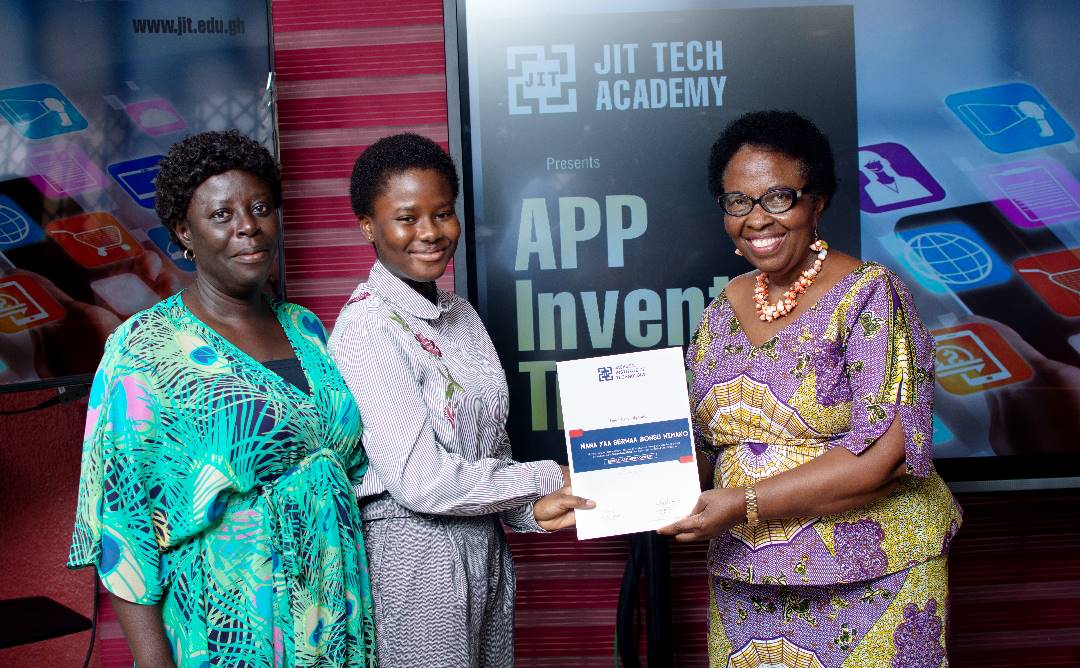Nurturing a Thriving Technological Ecosystem
Ghana has emerged as a prominent tech hub in Africa, witnessing notable advancements in app development and technology-related industries. The nation’s youthful demographic and expanding digital infrastructure have contributed to its appeal, attracting tech enthusiasts, entrepreneurs, and developers who recognize the vast opportunities within the Ghanaian market.
The surge in internet penetration and smartphone usage has fueled the demand for innovative mobile applications, leading to a rise in local startups and tech ventures. As a result, the app development scene in Ghana is flourishing, with numerous talents honing their skills and creating solutions that cater to the country’s unique needs.
The tech ecosystem in Ghana is vibrant and dynamic, supported by various initiatives, co-working spaces, and incubators that foster creativity and collaboration. Additionally, the government’s recognition of the tech industry’s potential has led to the introduction of programs aimed at promoting digital innovation and entrepreneurship
The Rise of App Development in Ghana:

Has been nothing short of inspiring. Over the past decade, a new generation of tech-savvy individuals has emerged, fueled by increased internet penetration, access to smartphones, and a growing interest in digital innovation. Local startups and developers are leveraging the power of mobile applications to solve unique challenges faced by Ghanaians and provide solutions that resonate with the country’s cultural and social context.
Supportive Initiatives:
App development in Ghana is intricately tied to a robust tech ecosystem. For the country’s technological Ecosystem to evolve, several initiatives, both public and private, will contribute to the nurture of the tech community and provide opportunities for aspiring developers. The three aspects working together include:
- Tech Hubs and Incubators: Organizations like iSpace Foundation, MEST (Meltwater Entrepreneurial School of Technology), JIT (Jackson Institute of Technology), and Impact Hub Accra to provide co-working spaces, mentorship, training, and funding to budding app developers and startups.
- Developer Communities: Active developer communities, such as GDG (Google Developers Group) Accra, host regular meetups, workshops, and hackathons, fostering knowledge sharing and networking.
- Government Support: The Ghanaian government has recognized the potential of the tech industry and has introduced initiatives like the National Digital Innovation and Entrepreneurship Program (NDIEP) to support startups and digital innovation.
Challenges and Opportunities:
While the app development scene in Ghana is thriving, it also faces its share of challenges:
- Access to Funding: Securing adequate funding for app development projects remains a significant challenge for many developers and startups. More investment and venture capital opportunities are needed to fuel further growth.
- Digital Literacy: Despite the increasing digitalization, there is still a need for more initiatives to enhance digital literacy and technical skills among the population, particularly in rural areas.
- Infrastructure: Improving internet connectivity and addressing power supply issues are essential for ensuring seamless app experiences for users.
Despite these challenges, Ghana’s app development landscape presents numerous opportunities:
- Local Solutions: Developers can focus on creating apps that cater to Ghana’s specific needs, such as agriculture, healthcare, finance, and education.
- Regional Expansion: Successful apps developed in Ghana can serve as a springboard for expansion into neighboring African markets.
- Global Recognition: Ghanaian developers have the potential to gain international recognition for their innovative solutions and contribute to the global tech community.
Success Stories:
Ghana has witnessed some remarkable success stories in the app development realm. Startups like Asoriba, a church management platform; Esoko, an agricultural information service; and Dropifi, a customer engagement platform, have garnered attention and recognition beyond the country’s borders. These success stories serve as inspiration for aspiring developers and demonstrate the market potential for Ghanaian apps.
Conclusion:
App development in Ghana is transcending from a niche interest to a thriving industry, propelled by the country’s youthful population, growing tech ecosystem, and passion for digital innovation. As the government continues to support tech initiatives and the private sector invests in local talent, the future of app development in Ghana appears bright and promising. With a focus on addressing challenges, nurturing talent, and fostering innovation, Ghana is poised to make a lasting impact on the global tech stage. As the app development landscape evolves, it’s evident that Ghana’s digital revolution is only just beginning, and the best is yet to come.


Could you talk about Flutter Mobile App Development
ok